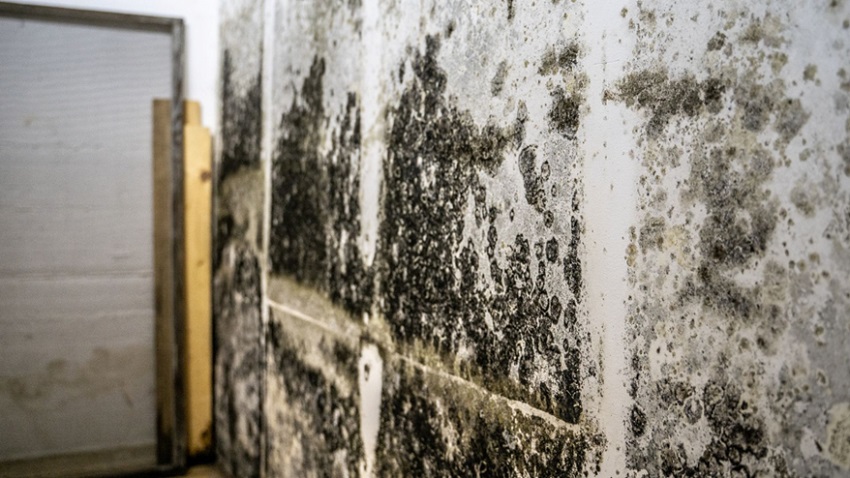Mold is a common issue that can cause significant damage to your property and health if left unaddressed. When faced with a mold problem, many people instinctively turn to bleach as a solution. At first glance, bleach might seem like an effective mold killer; however, it is surprisingly not the best option. In this article, we will discuss the reasons why bleach should not be used to kill mold and explore safer and more effective alternatives.
Professional Commercial Mold Inspection
In cases where mold is a reoccurring or severe problem, it may be necessary to seek the help of professionals who perform commercial mold inspection in Atlanta. These experts can determine whether mold is present, identify its type, and advise on the most appropriate remediation process. This is especially important when dealing with potentially toxic molds like black mold because of the health risks associated with them.
The Ineffectiveness of Bleach on Porous Surfaces
One of the primary reasons bleach should not be used to kill mold is its ineffectiveness on porous surfaces such as wood, drywall, and fabric. Bleach cannot penetrate these materials, so it only removes the surface mold, leaving the mold’s roots unaffected. This allows the mold to regrow quickly after the surface has been cleaned. For a more thorough approach to mold removal, it is essential to target the source of the problem and not just the surface.
Health Risks Associated with Mixing Bleach and Mold
Various molds can affect your property, and it is crucial to pinpoint the specific types of mold you might encounter in your house to effectively combat the issue. Bleach does not work on some kinds of surfaces. It can be bad for your health if you mix it with mold. When bleach comes into contact with mold, it can release toxic fumes called chloramines.
Inhaling these fumes can cause respiratory issues, including coughing, shortness of breath, and irritation to the nose, throat, and eyes. It is, therefore, crucial to prioritize your well-being and use a safer solution when removing mold.
Alternative Methods for Mold Remediation
Instead of using bleach, there are safer and more effective methods for mold remediation. Natural alternatives to bleach include white vinegar, hydrogen peroxide, and tea tree oil. These solutions can kill mold and prevent regrowth without the risk of toxic fumes. For severe mold infestations, it is recommended to consult professionals who specialize in mold removal and remediation. They possess the knowledge and tools necessary to effectively eradicate mold and safeguard your property.
To Sum Up
Using bleach to kill mold is not the most effective or safest option. Ineffective on porous surfaces and potentially hazardous to your health, bleach can do more harm than good in mold remediation. By using natural alternatives or seeking professional assistance, you can ensure that your mold problem is addressed efficiently and safely, preserving your property and your well-being.


